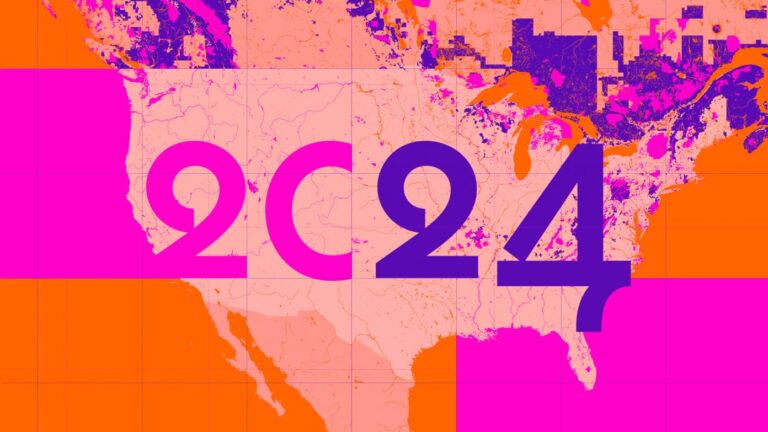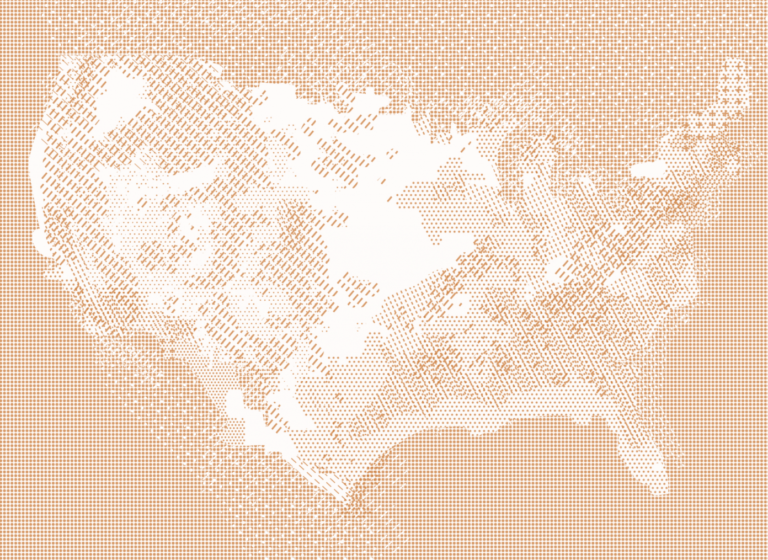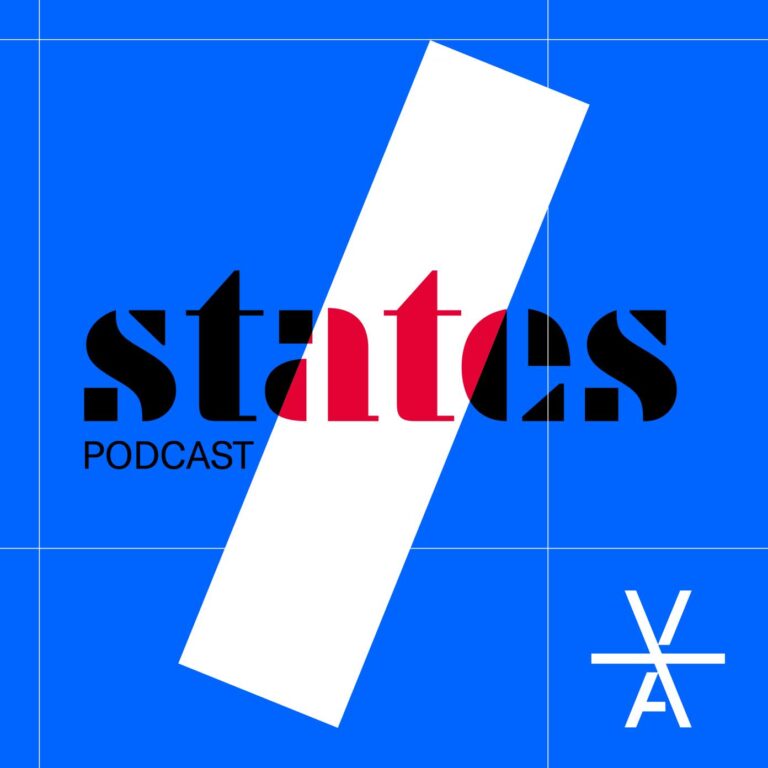
Laura Henno
Photographer, filmmaker
Winter 2021 & Fall 2022
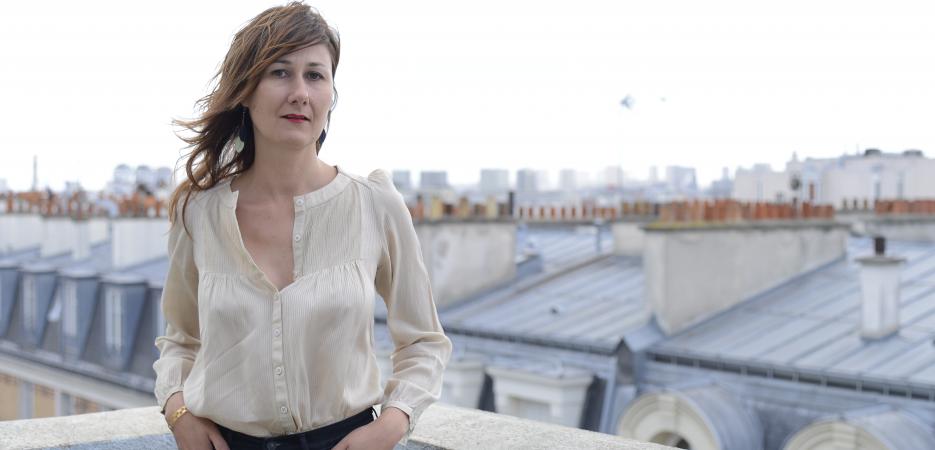
Iris Pavec
- Cinema
- Visual Arts
- Los Angeles
“With no water or electricity, no taxes or laws, the camp’s residents have turned their backs on the American dream …”
In my work, I reflect on the multiple lives and voices of those who cohabit on the margins of society. By focusing on isolated populations ‒ migrants and others trying to survive in desperate situations ‒ I explore the creative dimension of their strength and resilience.
My practice as a photographer and as a filmmaker favors an immersive approach within the communities I have been following for several years. From the Comoros Islands to California, from Réunion to Rome, my documentary approach aims to subvert the rules of the genre so as to enrich it with a meaningful fictional dimension.
After completing her studies in photography at the ENSAV Graduate School of Audiovisual in La Cambre, Laura Henno turned her attention to filmmaking at Le Fresnoy. Her work has been the subject of several solo exhibitions, most notably at Toronto’s Ryerson Image Center, the Centre Photographique d’Île-de-France in Paris, and the Finnish Museum of Photography in Helsinki. She won the Prix Découverte at the Rencontres d’Arles festival in 2007 and the Sam Award for Modern Art in 2019. Her next exhibition, at Palais de Tokyo in Paris, will be held in 2022.
My Albertine residency will allow me to complete a vast photographic and filmic fresco, through which I will question American society, using a fallen territory as a starting point for weaving threads between the history of photography, that of the United States, and the current political situation there.
As part of my project, I intend to live among the inhabitants of the Slab City camp for several months. During this time, I will pursue my photo project and work on the production of a feature film, “Haven.”
Located in the heart of the Sonoran desert in Southern California, Slab City does not appear on any map. The area was originally the site of a WWII military base that was dismantled in 1956. At the time, a handful of soldiers decided to stay on the ruins of Camp Dunlap, and they were soon joined by workers who came for the local companies. For over six decades, Slab City has been home to those left behind, a place where those who wish to live off the grid come to find refuge. Ironically, the camp is enclosed within the Chocolate Mountain Aerial Gunnery Range (CMAGR), the largest military airbase in the United States, which serves as a training base for the Marines before they’re sent to the Middle East (Gulf War, War in Afghanistan, etc.).
Slab City may be “off the grid,” but it stands on the edge of an area that is a focus of US engagement in the world, with a strong emphasis on combat and surveillance tactics.
With no water or electricity, no taxes or laws, the camp’s residents have turned their backs on the American dream by choosing to live in the last free territory of the United States. However, that freedom is countered by a heavy military presence, given its proximity to CMAGR. Likewise, its proximity to the Mexican border contributes to its peculiar geopolitical status and reinforces the collision between several worlds, making Slab City a fascinating heterotopia, which I have been exploring since 2017.
After this immersion phase in Slab City, the second stage of my residency will unfold in Los Angeles, where I will work on the production aspects of my feature film, in connection with local partners.
In partnership with
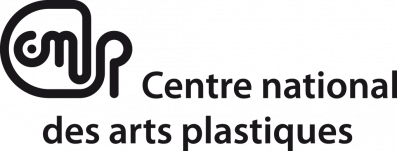
Centre national des arts plastiques (Cnap)
The Centre national des arts plastiques (Cnap) is a public institution under the French Ministry of Culture. It manages over 105,000 works from France’s national contemporary art collection, the Fonds national d’art contemporain. It aims to support and promote artistic creation in France, and assists artists and art professionals with their projects.



